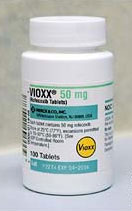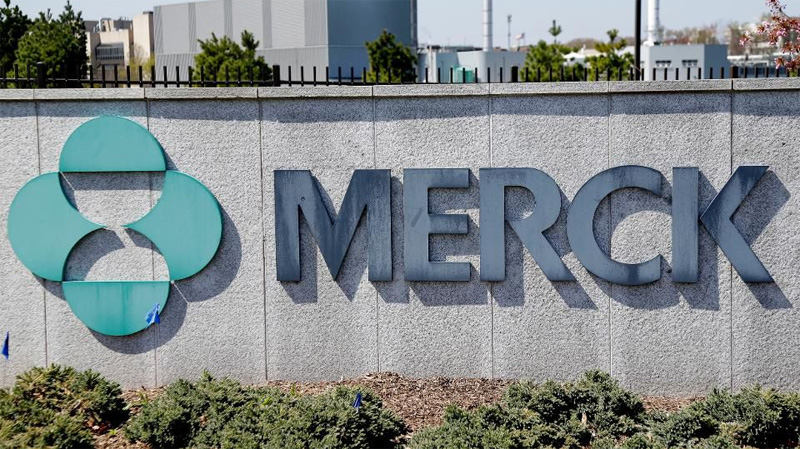In November 2011, The U.S. Department of Justice reached a settlement with pharmaceutical giant Merck, Sharp & Dohme, which had unlawfully promoted its painkiller Vioxx for the treatment of arthritis, while suppressing clinical evidence that the drug increased patients’ risk of heart attack and stroke. Proof of this outrageous conduct that endangered millions compelled Merck to plead guilty to two criminal counts with a fine of $321,636,000, and pay an additional $628,364,000 in civil penalties.
Vioxx had earned Food and Drug Administration approval in 1999 for three indications. Still, Merck was anxious to expand the market for their product, and so began aggressively marketing Vioxx as a treatment for rheumatoid arthritis, even as the company was seeking FDA approval for that purpose. The company’s off-label marketing of Vioxx could be seen as simply “jumping the gun,” since the FDA eventually approved Vioxx for rheumatoid arthritis in April 2002. Still, Merck’s actions were clearly illegal, and the FDA had warned the company to desist as early as September 2001. Instead, Merck chose to ignore the warning.

But worse yet was that while Merck was expanding the market for Vioxx, illegally, the company was receiving and suppressing data that should have prompted them to pull the drug off the market entirely. A 2009 study of Merck’s activities, reported in the Archives of Internal Medicine found that Merck’s own clinical trials had presented evidence in 2000 that the risk of an adverse cardiac or stroke event was twice as high in Vioxx patients. By June 2001, data revealed a 35 percent increase in the risk of heart attack, stroke and/or death for takers of Vioxx. Yet, Merck kept the drug on the market, making false and misleading claims about the drug’s cardiac safety, because Vioxx was a cash cow, earning the company $2 billion per year. Merck contested the results of the 2009 study, claiming the company had acted responsibly, taking the drug off the market as soon as they had an “actionable signal” in 2004. However, it’s hard to believe the first sign of trouble came only after 20 million people had taken this dangerous drug.
This egregious conduct that put patients’ lives at risk while Merck raked in billions in profits, is exactly why U.S. laws offer whistleblower protections. Insiders with information on FDA violations can come forward, file an action under the False Claims Act, and share in the government’s recovery of civil damages. In this case, the U.S. government recovered $426,389,000, of which any whistleblowers who initiated legal action were eligible to receive 15 to 30 percent.
